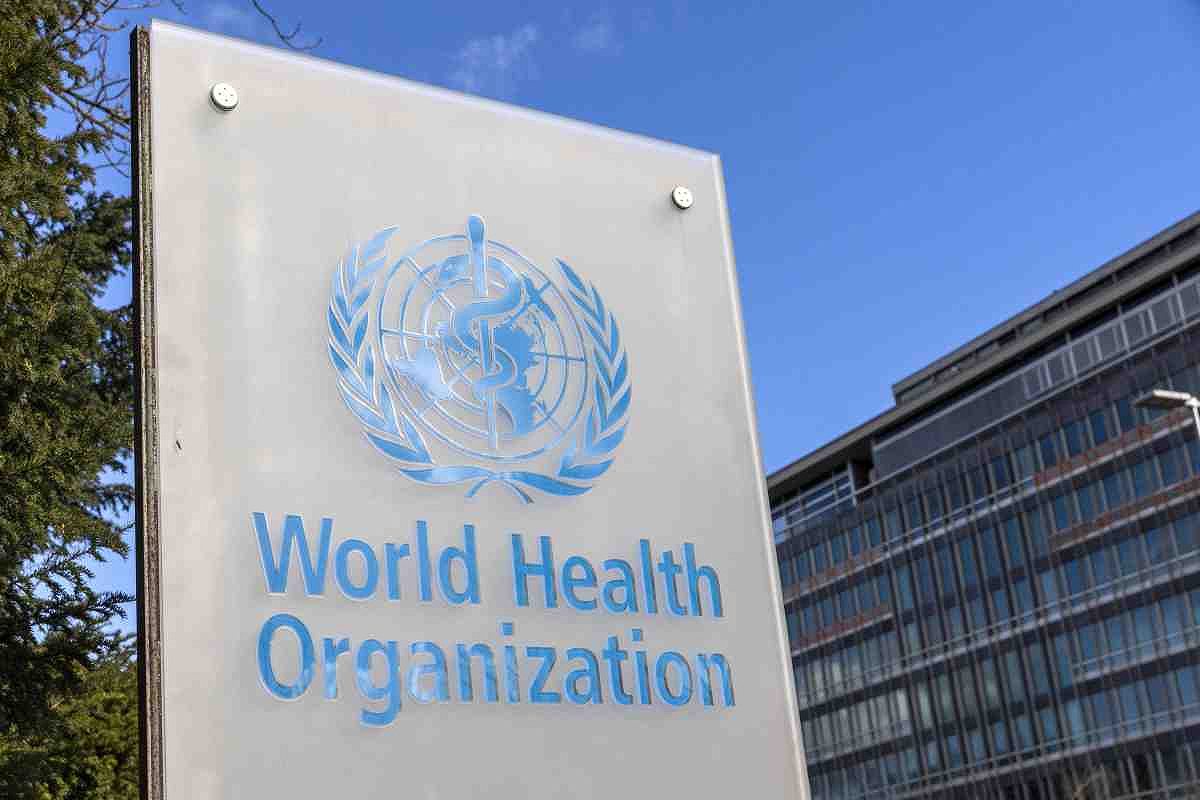Japan to Launch Global Health Development Hub by 2025, Collaborating with WHO, World Bank

The World Health Organisation (WHO) logo is seen near its headquarters in Geneva
6:00 JST, March 22, 2024
The government has decided to establish an international organization in Japan dedicated to human resource development aiming to strengthen healthcare in developing countries in collaboration with the World Health Organization (WHO) and the World Bank, The Yomiuri Shimbun has learned. The launch is planned for fiscal 2025, according to several government sources.
The international organization, tentatively called the UHC Knowledge Hub, will serve as a center for Universal Health Coverage (UHC) which is aimed at ensuring everyone has access to necessary health care services at an affordable cost. WHO is promoting UHC, aiming to achieve this scheme globally by 2030 as half of the world’s population still does not have access to essential services for maintaining health, according to reports by the WHO.
The organization plans to invite personnel from various countries, including bureaucrats responsible for health and finance in developing countries, to conduct training sessions. Its aim is to educate them about the importance of investing in health and to strive for the strengthening of healthcare finances, among other goals. The intention is to move away from reliance on support from developed countries and toward enabling developing countries to expand their medical resources with their own financial means.
Japan’s care service system and national health insurance system, which supports mutual aid across society, are recognized as advanced examples in many countries. Initiatives and know-how from Japan, such as the collaboration between medical care and caregiving, will be shared with other countries. The government plans to discuss with the WHO and the World Bank regarding the location of the hub, the content of the training programs and the structure of the secretariat. It is planning to request the related expenses in the initial budget for the fiscal year 2025.
UHC was proclaimed as a common goal of the international community at the U.N. General Assembly in 2012. The provision of basic medical services, including prevention and treatment, has long been recognized as problematic in terms of the significant disparities in quantity and quality of medical facilities and personnel among nations. The importance of UHC was seen in a new light during the COVID-19 global pandemic because strengthening measures against infectious diseases can decrease the likelihood of such diseases being spread to other countries in future crises. Efforts toward achieving UHC were also highlighted in the leaders’ declaration at the G7 Summit held in Hiroshima in May last year.
Top Articles in Politics
-

Japan PM Takaichi’s Cabinet Resigns en Masse
-

Sanae Takaichi Elected Prime Minister of Japan; Keeps All Cabinet Appointees from Previous Term
-

Japan’s Govt to Submit Road Map for Growth Strategy in March, PM Takaichi to Announce in Upcoming Policy Speech
-

LDP Wins Historic Landslide Victory
-

LDP Wins Landslide Victory, Secures Single-party Majority; Ruling Coalition with JIP Poised to Secure Over 300 seats (UPDATE 1)
JN ACCESS RANKING
-

Producer Behind Pop Group XG Arrested for Cocaine Possession
-

Japan PM Takaichi’s Cabinet Resigns en Masse
-

Man Infected with Measles Reportedly Dined at Restaurant in Tokyo Station
-

Israeli Ambassador to Japan Speaks about Japan’s Role in the Reconstruction of Gaza
-

Videos Plagiarized, Reposted with False Subtitles Claiming ‘Ryukyu Belongs to China’; Anti-China False Information Also Posted in Japan























